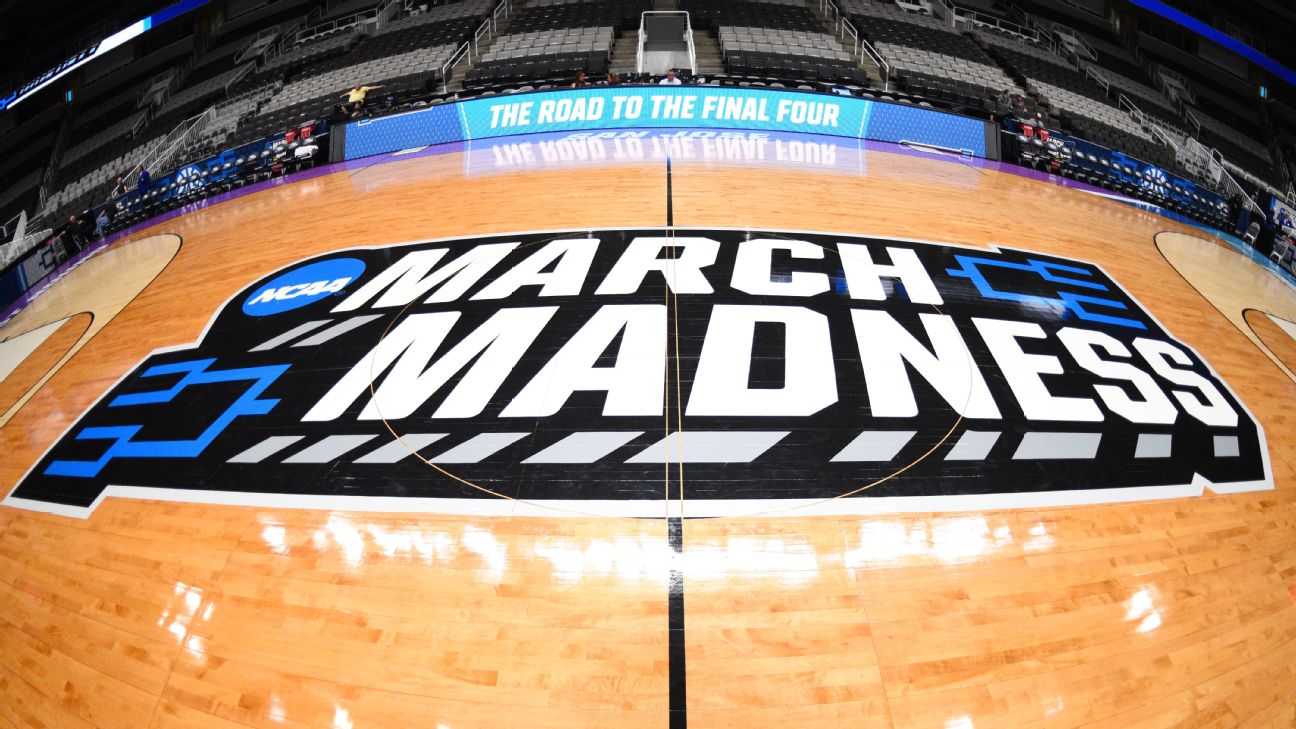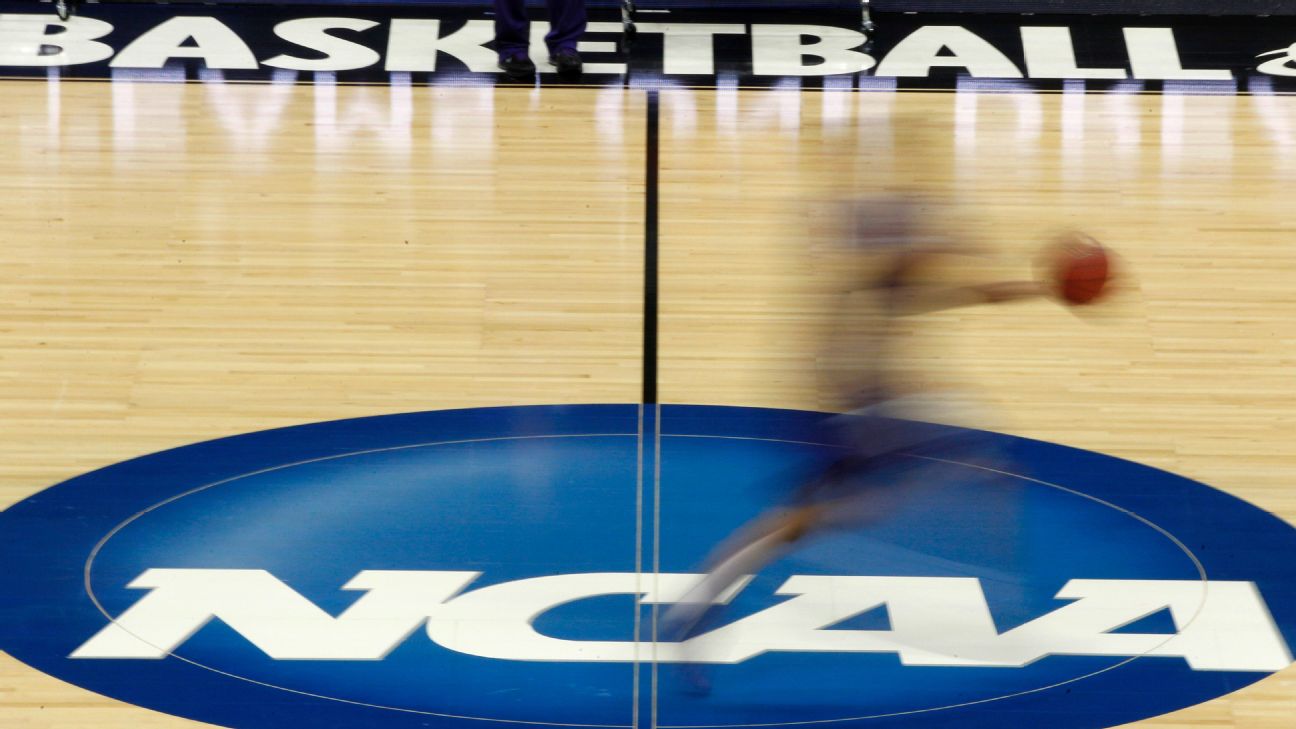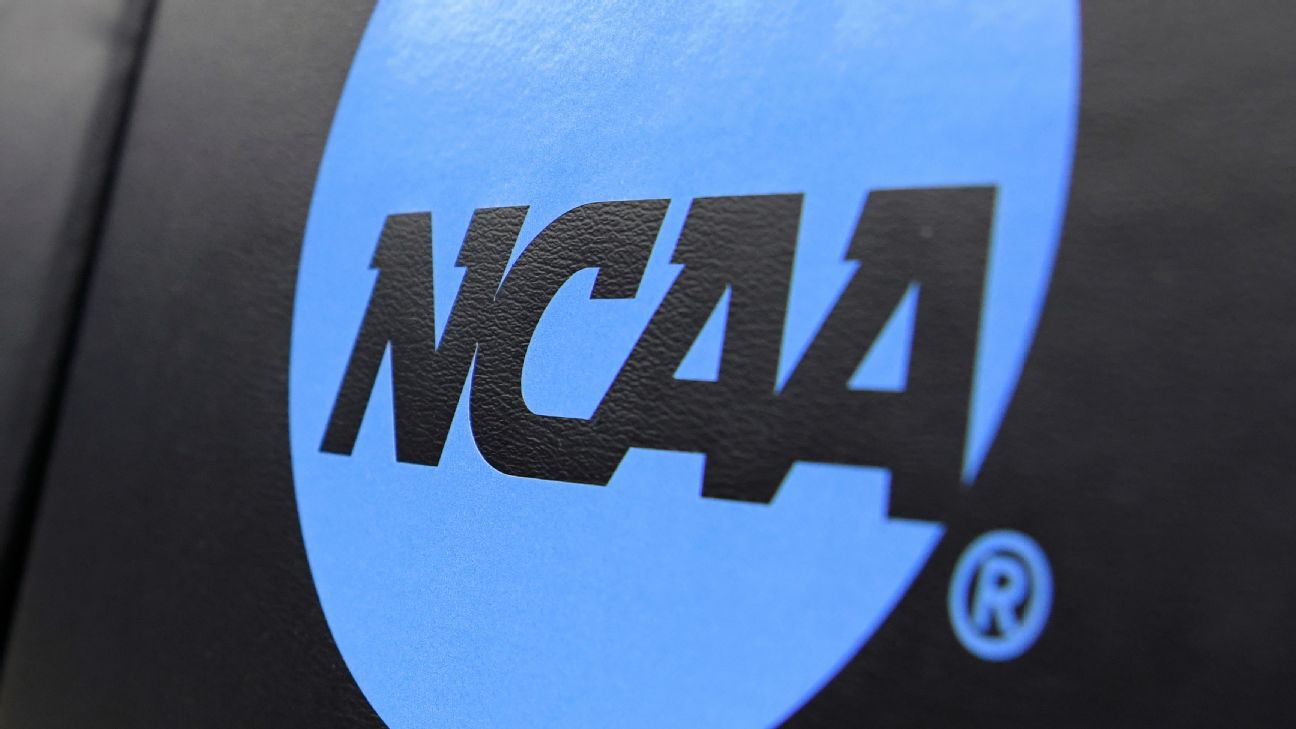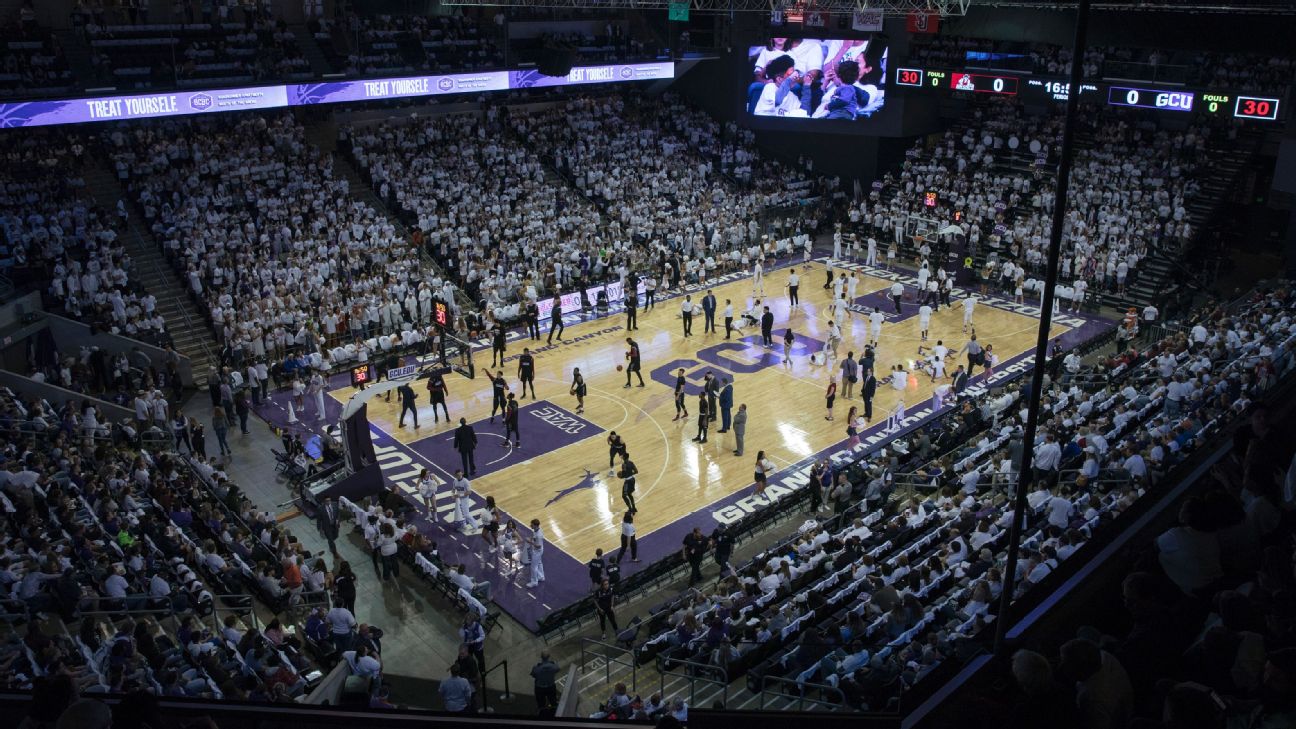NCAA March Madness 2026: No Expansion Confirmed, Future Growth Under Consideration
The NCAA confirms no expansion for the 2026 March Madness tournaments, but discussions for future growth to 72 or 76 teams continue.

The NCAA has officially announced that the men's and women's basketball tournaments, famously known as March Madness, will not expand beyond the current 68-team format for the 2026 season. This decision was confirmed by Dan Gavitt, the NCAA's senior vice president of basketball, who emphasized that while expansion is off the table for 2026, it remains a topic of active discussion for future championships.
Current Status and Future Prospects
Gavitt stated, "Expanding the tournament fields is no longer being contemplated for the 2026 men's and women's basketball championships. However, the committees will continue conversations on whether to recommend expanding to 72 or 76 teams in advance of the 2027 championships." This indicates that while the immediate focus is on maintaining the current structure, the NCAA is open to reevaluating the format to potentially include more teams in the future.
Challenges and Considerations
NCAA president Charlie Baker highlighted the logistical challenges associated with tournament expansion. "The tournament has to start after the conference championships are over," Baker explained. "And right now Selection Sunday happens like two hours after the last tournament game ends and has to finish by the Tuesday before the Masters. There's not a lot of room there. Any expansion, we're going to have to figure out how to put it in and then logistically how to make it work."
Baker also noted that adding teams could enhance the tournament's value and mentioned ongoing discussions with TV partners CBS and Warner Bros., whose current deal runs through 2032.
Historical Context and Coach Perspectives
The NCAA Tournament last expanded in 2011, increasing from 64 to 68 teams and introducing the First Four round. This change allowed more teams to compete for a spot in the main bracket. Baker has suggested that further expansion could provide opportunities for more deserving teams, potentially improving the competitive balance of the tournament.
Coaches have expressed mixed opinions about expanding the bracket. While some, like Tom Izzo and Dan Hurley, prefer the current 68-team format, others, such as Texas coach Sean Miller, see potential benefits in adding more teams. "Never before has the tournament felt more even, with few exceptions," Miller said. "On any given night in a 40-minute game, it's just amazing what can happen. I think adding depth to that will only make what's already good even better."
Conference and Coach Support
SEC Commissioner Greg Sankey expressed support for expansion but emphasized the need for careful consideration. "So, if there are reasons from a broadcast point, a financial point, logistics point or competitive realities that don't support expansion, again, we're going to be fine," Sankey said. "But I think this is the right direction to at least explore."
Kansas coach Bill Self also noted that many Big 12 coaches favor expansion, reflecting a broader interest in the idea within the college basketball community.
Conclusion
While the NCAA has decided against expanding March Madness in 2026, the possibility of future growth remains a significant topic of discussion. The decision reflects a balance between maintaining the tournament's current structure and exploring ways to enhance its value and inclusivity. As discussions continue, the NCAA will need to address logistical challenges and consider the diverse perspectives of coaches and conferences to determine the best path forward.































